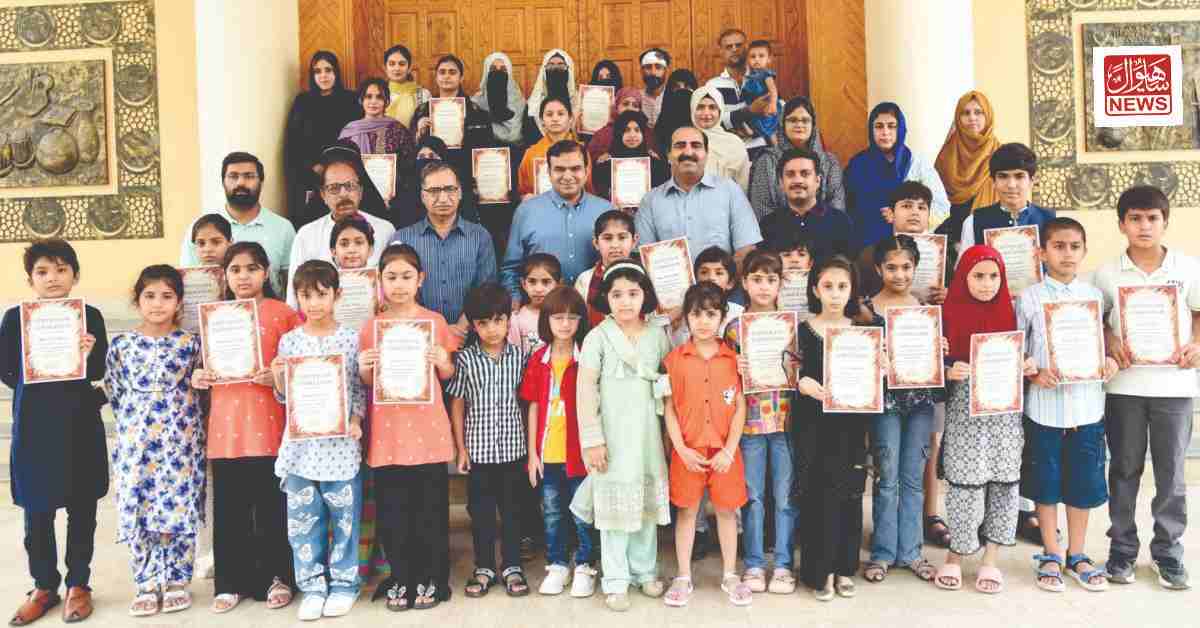The Role of Youth in Nation Building


Introduction
Nation building is the process of constructing or structuring a national identity using the power of the state, society, and its citizens. It includes developing institutions, strengthening the economy, ensuring political stability, and fostering unity.
In this context, youth play a vital role as they are not only the most energetic segment of the population but also the most adaptable to change and innovation.
Agents of Political Transformation
Youth have consistently stood at the forefront of political change worldwide. In Bangladesh, a recent student-led uprising in July–August 2024 began as protests against the civil service job quota system but rapidly transformed into a broad revolt against Prime Minister Sheikh Hasina’s authoritarian rule. After weeks of violent clashes, during which over 300 people were killed, Hasina abruptly resigned and fled to India on August 5, 2024. The army then dissolved parliament, and student leaders played a crucial role in forming an interim government headed by Nobel laureate Muhammad Yunus.
In Pakistan, the 2024 elections witnessed unprecedented youth voter turnout, rejecting establishment-backed politicians in favor of change. Similarly, the Arab Spring was largely driven by young people demanding justice, accountability, and freedom from authoritarian regimes.
Innovators and Economic Drivers
In the global economy, young entrepreneurs are redefining industries. From Silicon Valley startups to India’s digital revolution, youth are leading innovation.
In Africa, tech-savvy youth are creating local solutions through fintech and mobile banking. Their role in shaping the future job market, especially in fields like artificial intelligence, green energy, and e-commerce, cannot be underestimated.
Champions of Social Change
Whether it’s Greta Thunberg’s climate activism, Malala Yousafzai’s fight for girls’ education, or student-led justice campaigns in the U.S. and Europe, youth are consistently standing up for human rights, education, environment, and equality. They raise their voices through social media and global forums, influencing policies and public opinion.
Conclusion
The role of youth in nation building is undeniable. They are thinkers, innovators, leaders, and revolutionaries. Investing in their education, skills, and civic engagement means investing in a nation’s sustainable future. A country that empowers its youth builds a resilient and progressive society.